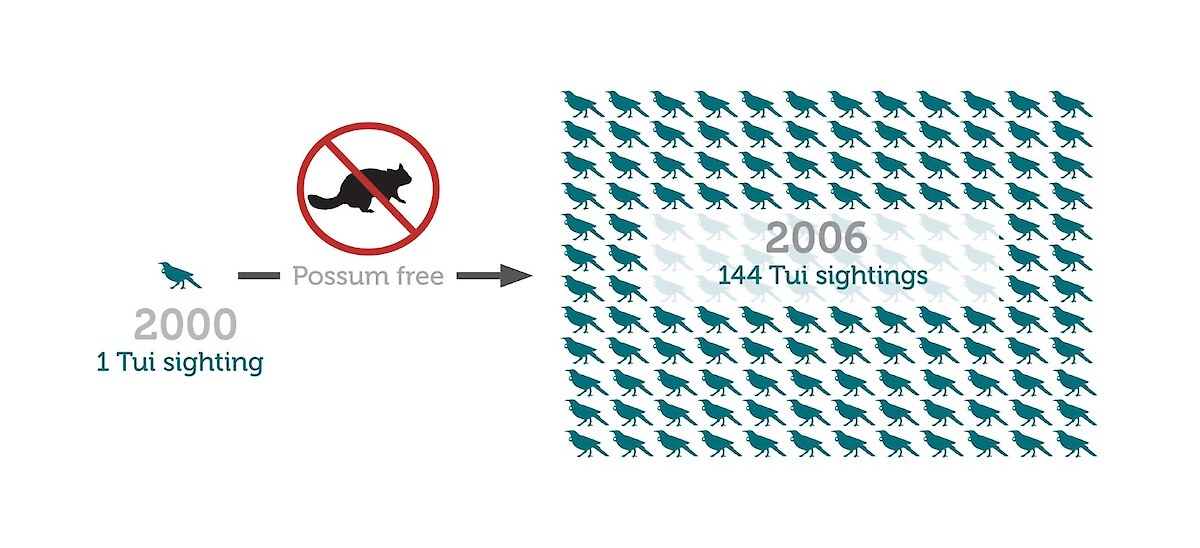Final push to make Miramar Peninsula predator free in 2019
The final push to make Miramar Peninsula predator free is about to begin – this means no rats, stoats or weasels and more kākā, kākāriki, kereru and geckos.James Willcocks, Project Director, Predator Free Wellington said this is the first stage of the wider plan to make the whole of Wellington city predator free.
“It is not going to be easy, this is likely to be one of the most complex rat and mustelid eradications ever undertaken,“ James said.
“It will be a team effort and we will be working with the 19,500 people that live on the Miramar peninsula to achieve our goal of being predator free by the end of 2019. We will be building on the local predator free communities’ great work, with 1000 traps already operating across the Miramar Peninsula.
“The eradication method will be similar to when possums were eradicated on the peninsula in 2006. We’ll be using a mix of tools, including bait stations and traps. We are also working with ZIP (Zero Invasive Predators) to build a virtual barrier by the airport to stop rats, possums and mustelids getting back onto the peninsula.
“For the next five months, our team will be going door to door speaking with residents and seeking permission to have baits and traps on private property. Our goal is to do this once. If we have access to all habitats, we can end the cycle of ongoing pest control operations and provide a safe place for our native wildlife to live.
“The bait stations and traps will be installed in June and the operations will commence from July, with traps and bait stations checked weekly by our team for around 3 to 6 months (depending on the results). In our final stage, we will be using sniffer dogs to hunt out any last predators.
“We can’t wait to hear the community telling us they’re seeing kākā and kākāriki on the peninsula. We will also be monitoring for new species turning up,” James said.
Predator Free Wellington is supported by Wellington City Council, Greater Wellington Regional Council, NEXT Foundation and Predator Free 2050 Ltd.
Timeline:
January-June – our team are out in the community, seeking permission to have traps and bait stations on private property.
June – Traps and bait stations will be placed.
July – start of operation, weekly bait station and traps checks
December – we plan to get every last rat, stoat and weasel. We’ll be monitoring native wildlife.
Why Miramar?
Miramar Peninsula has been chosen for the first stage of our eradication programme on account of its unique geography. Miramar Peninsula is surrounded by a substantial water barrier, and is only connected to the rest of Wellington City by the narrow Rongotai isthmus.
Miramar was also chosen because the community has already proven what can be achieved when possums were successfully eradicated in 2006. Many of the longer term residents were part of this success. We will be calling on their help again.
Predator Free groups and back yard trappers have already made a tremendous contribution with all the rat trapping to date. This has reduced rat numbers which gives our project a great head start.
 Before the possum eradication in 2003 Tui were rarely seen on the Miramar Peninsula - in fact the numbers went from 1 sighting in 2000 up to 144 sightings in 2006.
Before the possum eradication in 2003 Tui were rarely seen on the Miramar Peninsula - in fact the numbers went from 1 sighting in 2000 up to 144 sightings in 2006.
Posted: 31 January 2019
